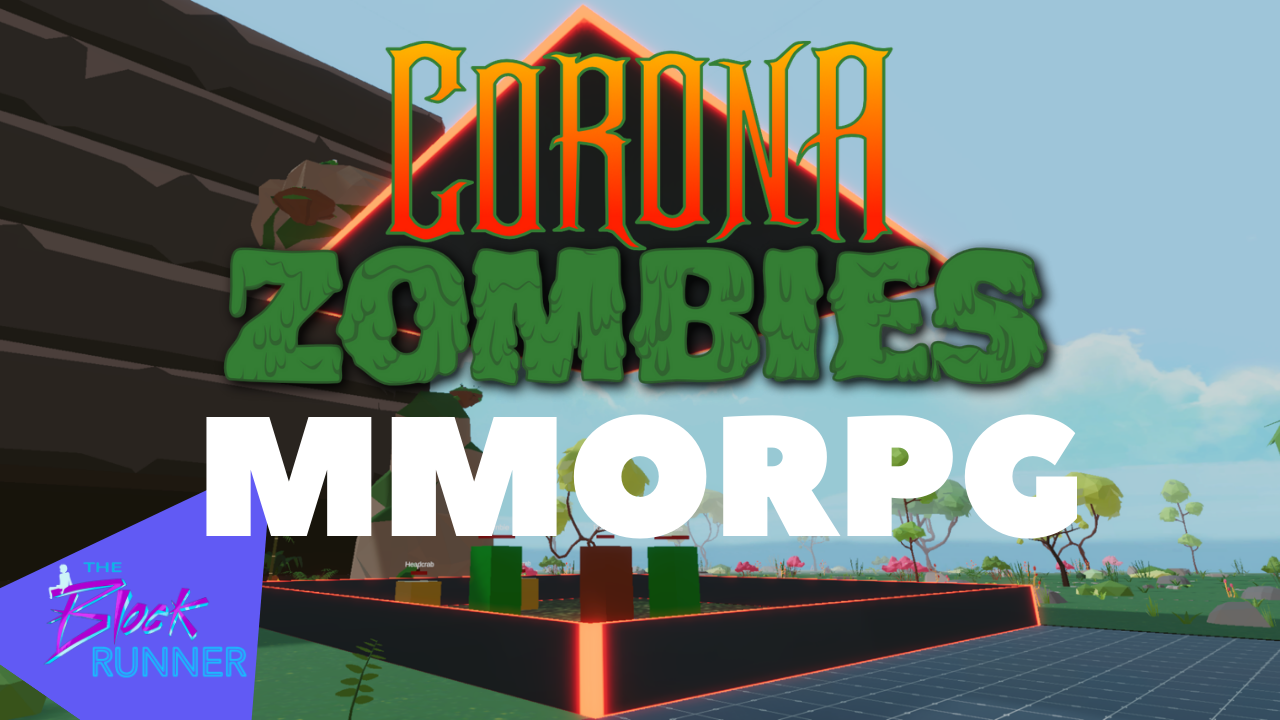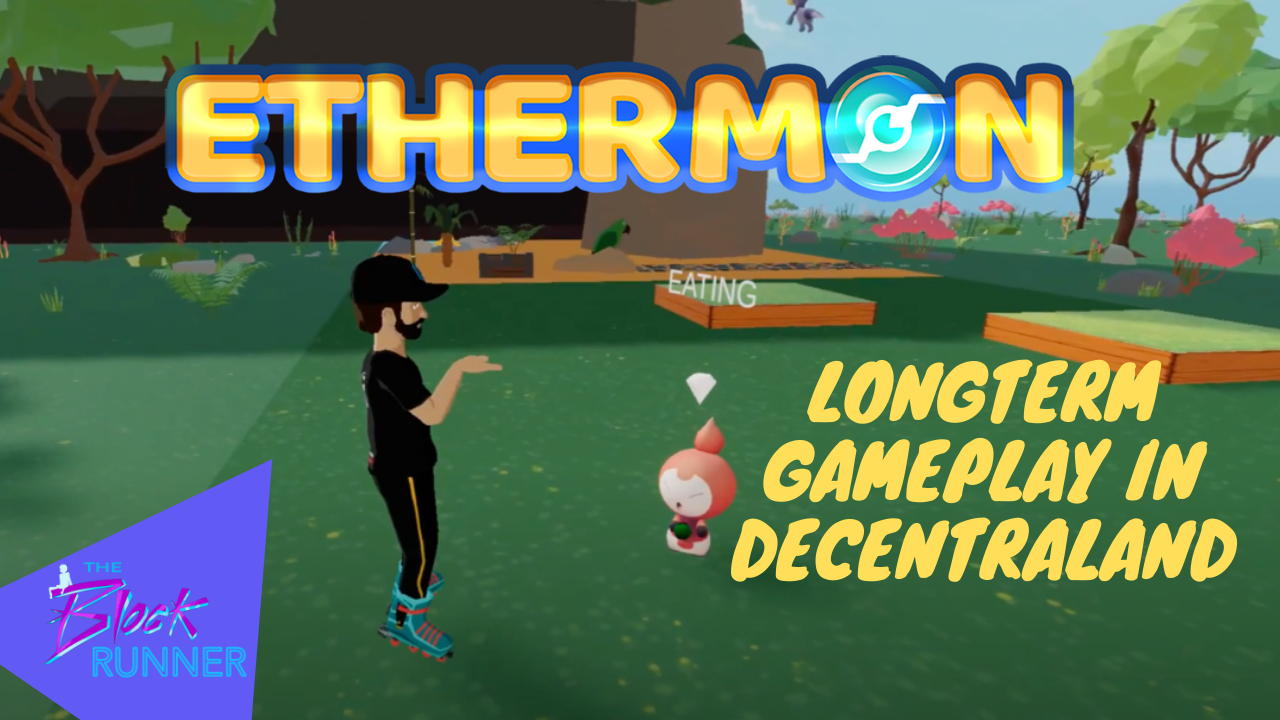
PodcasT
Listen to our latest podcast
%20(YouTube%20Thumbnail)%20(47).jpg)
Summary
This episode of the Blockrunner Podcast breaks down one of the most revealing weeks we’ve seen at the intersection of crypto, AI, and creator monetization.
What began as a promising experiment in creator capital markets quickly turned into a live stress test for liquidity, incentives, and trust. We walk through the rise and collapse of the Ralph token, why it initially made sense, how it gained traction, and why it unraveled the moment the creator sold. The fallout wasn’t just about price action. It exposed deeper structural problems that most internet capital markets haven’t solved yet.
From there, the conversation expands into the accelerating timeline toward AGI, why looping AI systems and agent swarms change the nature of work, and what happens to human purpose when intelligence becomes abundant. We react to Davos conversations, including moments where Bitcoin is openly laughed at by legacy financial institutions, and explain why those reactions reveal more ignorance than confidence.
We then tackle the uncomfortable question most Bitcoin holders avoid: how the network remains secure long-term. Transaction fees alone are not a viable answer. We explore why Bitcoin’s security budget faces a real challenge over the next decade and why a second subsidy may be the only credible path forward without changing Bitcoin’s core protocol.
This episode ties everything together into a single thesis. Internet capital markets are early, powerful, and inevitable, but without proper incentive design and liquidity structure, they will continue to fail in dramatic fashion.
If you’re thinking seriously about AI, crypto, creator monetization, and Bitcoin’s future, this episode will challenge your assumptions.
Learn more about the second subsidy thesis at natgmi.com.






